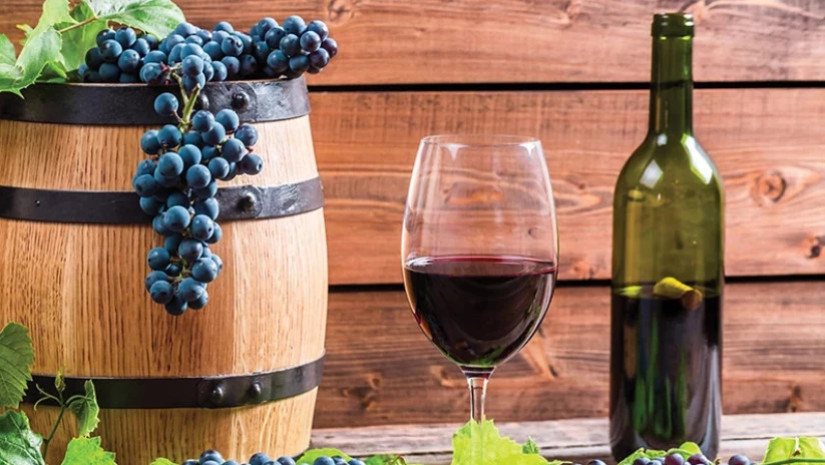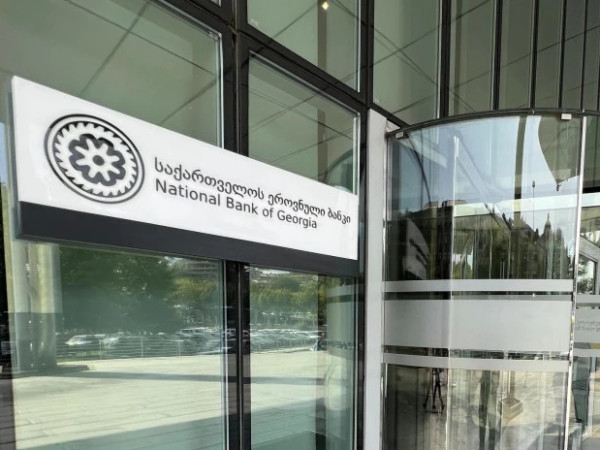The wine industry is worried that gen Z and millennials are turning away from the grape, citing cost, health risks and alternatives such as mocktails and marijuana
“Wine just is mid.”
“It’s easier to smoke weed.”
“Alcohol is finally getting the rep it deserves.”
These are just a few of the reasons many young people are going sour on wine, according to a scroll through TikTok or Reddit.
The views lend weight to fears that gen Z and millennials are losing interest in the drink, with potentially disastrous consequences for the wine world. A seemingly endless stream of recent reports have warned that baby boomers, who have fueled the industry, are retiring and spending less, and millennials aren’t picking up the slack.
“You’re looking at a cliff,” the industry analyst Rob McMillan told the San Francisco Chronicle in 2022, following a key report that showed wine consumption in the US hadn’t grown in 2021 – despite bars and restaurants reopening. McMillan foresaw wine consumption by volume declining 20% in the next decade, with millennial habits key to the shift. Last year, Nielsen data showed 45% of gen Zers over 21 said they had never drunk alcohol.
The implications for winemakers are dire; late last month, one of the biggest US wine producers, Vintage Wine Estates, filed for bankruptcy, citing, in part, an “unanticipated steep decrease in demand”. And it’s not the only one facing a precipice: worldwide, wine consumption dropped 2.6% last year, hitting its lowest level since 1996, according to the International Organisation of Vine and Wine. In California, vineyards are getting ripped out; France last year announced it would set aside cash to destroy excess wine.
While the data behind the downturn is complex, industry insiders say it’s time for a change. “Why hinge so much on the way it’s always been?” the wine writer and educator Maiah Johnson Dunn puts it. “We’re just all in this weird limbo figuring out what’s going to happen next.”
Another is a trend toward avoiding alcohol entirely – it tends to be older guests who drink, she says. “A lot of people do stay way more sober than I initially would have expected.”
That’s in line with a growing focus on the dangers of alcohol. The World Health Organization made no bones about it in April, proclaiming: “No level of alcohol consumption is safe for our health.” Between 2005 and 2023, the percentage of Americans who see moderate drinking as bad for you jumped from 22% to 39%, Gallup found.
Another way to appeal to a broader audience: offer something with less cultural baggage. Bradford Taylor, owner of Ordinaire, a wine bar in Oakland, California, says: “if anything, there’s more young people getting into the natural wine” the bar serves.
Natural wine – organically farmed, naturally fermented, without filtration or additives – has been trendy among millennials for the past decade or so (though it’s actually ancient), unburdened by industry tropes. “There’s not a culture of collecting. There’s not a culture of ageing wines. There’s not a fetishization of historic chateaux or buying futures,” says Bradford Taylor, owner of Ordinaire, a natural wine bar and shop in Oakland, California. “It appeals to people with less income, but also maybe with a little bit more skepticism” about those aspects of the traditional wine scene.
The Guardian


















